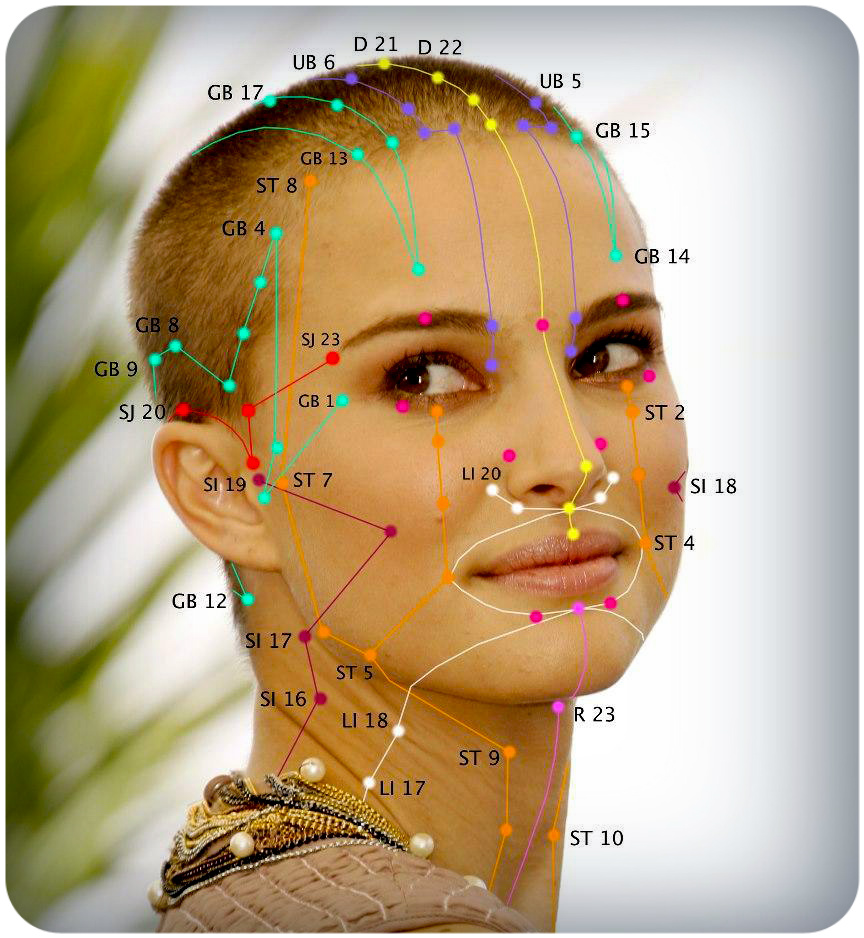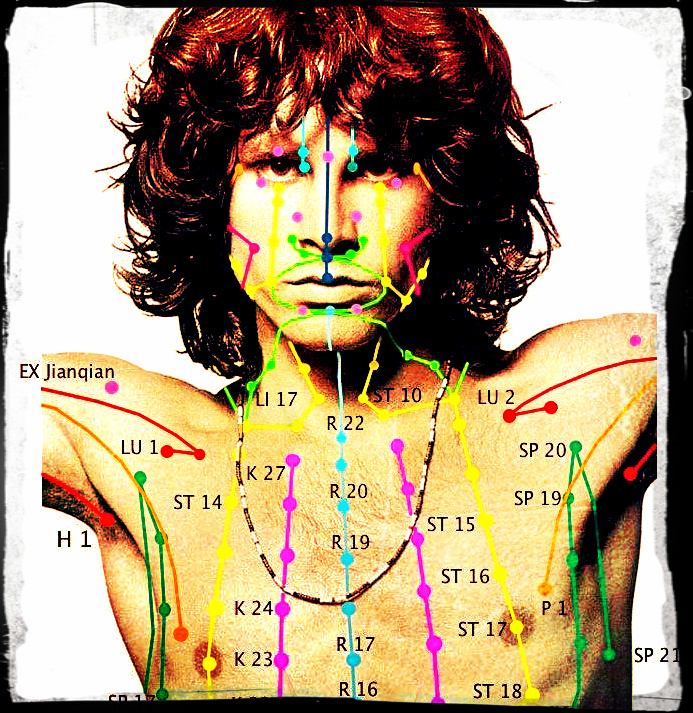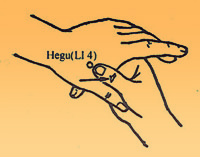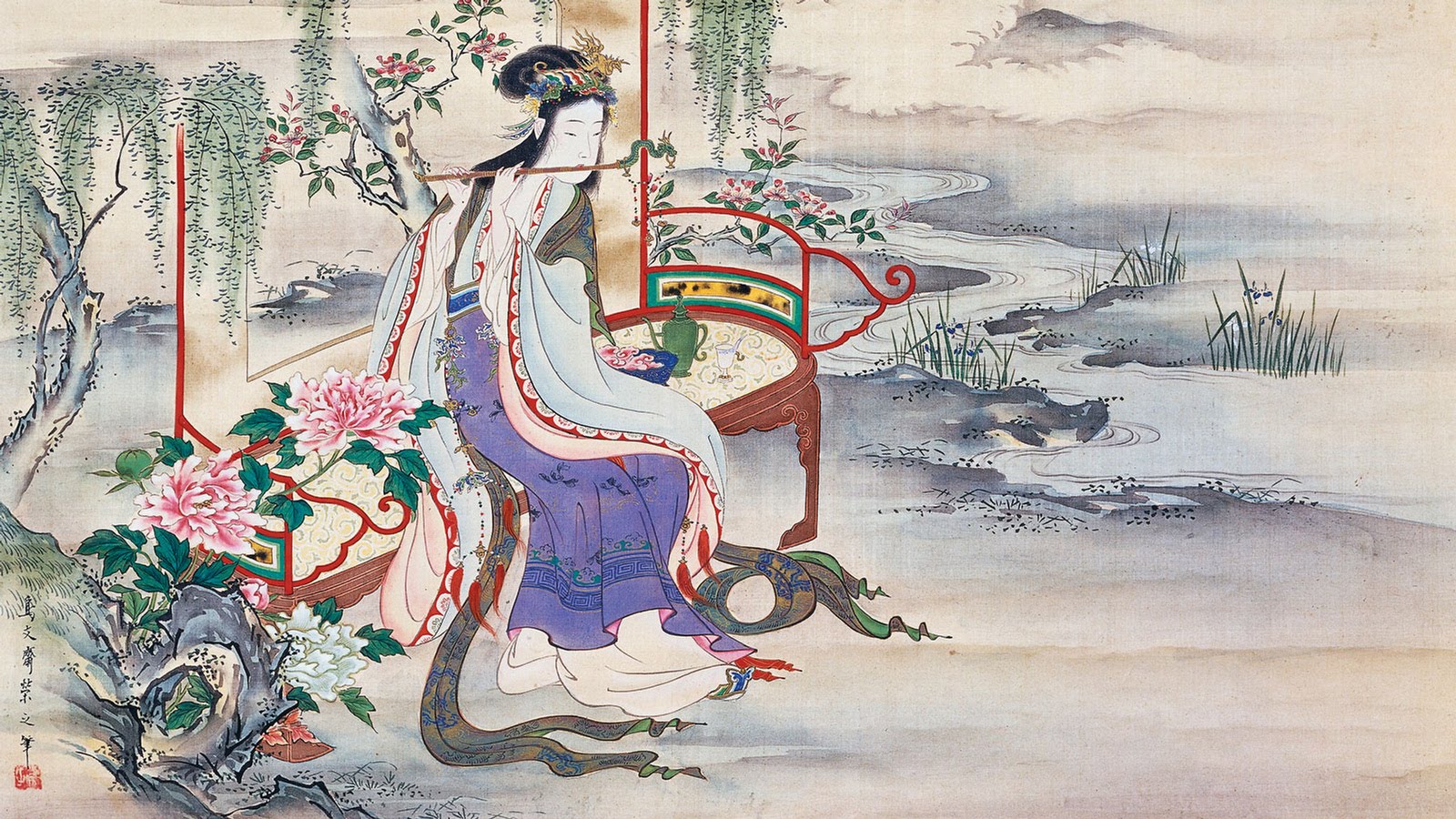
Adrenal Insufficiency – Burning the Candle at Both Ends
Traditional Chinese medicine regards adrenal fatigue as insufficiency of the Kidneys. Adrenaline, the action hormone, increases the body’s yang [as evidenced by perspiration and increased heart rate]. Warm in nature, the yang nature of adrenaline is likely to consume yin. However, kidney yang deficiency, exhibited by more cold than heat, more fatigue than feeling wired, and due to inherent or eventual jing [essence] depletion, can be the crux. According to traditional Chinese medicine, the kidney essence determines the quality of life-long health; their energy can be preserved or it can be dissipated by a severe life-style that is inadequate to nourish vital Qi and will ultimately shorten life span.
The prevalent emotional factor when the kidneys are taxed is fearfulness; Qi drops in the contracting mode of self-protection. Blood circulation to the periphery is shunted. ‘Frozen with fear,’ we experience cold hands and feet. Fear and stress signal a perceived need by the body to secrete adrenaline and cortisol, leading to the break down of stored fats and proteins converted to glucose [sugar], making available energy to fight or flee from threat — thoroughly debilitating over time.
A regimen of Chinese herbs and acupuncture for the adrenals should be undertaken for a period of no less than 60 days, to possibly 120 days as a matter of course, to repair and cultivate energy rather than resorting to adrenaline for drive.
Liu Wei Di Huang Wan • A standard Chinese herbal formula to enhance adrenals.
Zhi Bai Di Huang Wan • A version of Liu Wei which quells heat from Kidney Yin depletion.
Da Bu Yin Wan • ‘The Great Supplementing Yin Pill’ -&- Jin Gui Shen Qi Wan • Warm, while buffering Yin.
You Gui Wan • A warming Kidney tonic formula.
* Acupuncture & Chinese herbal diagnosis and treatment should be tended to by a licensed Chinese medicine practitioner.
What Causes Adrenal Burn Out: Feeling stressed and anxious almost all of the time commonly due to dynamics with those whom we experience as overbearing, demands of scheduling, personal expectations, job pressures, commuting, finances, illness, compulsive athletic training, as well as inadequate nutrition, erratic eating cycles and skipping meals.
Symptoms: Listlessness, morning and late afternoon energy particularly low, performing daily tasks is exhausting, falling into deep naps whenever possible to recharge, food cravings for carbohydrates, sugar, salt and caffeine to compensate, absent-mindedness, intolerance to cold, unexplainable weight fluctuation, erratic sleep; difficulty falling or staying asleep and then waking tired, libido problems. Other non-specific symptoms may include: Allergies, general weakness and debility, headaches, thinning hair, depressive mood swings and an inability to cope with any stress. Some studies link adrenal weakness as contributing factors in fibromyalgia and hypothyroidism.
Prevention is, in large part, the treatment: Stress and other emotional strains should be entirely avoided, while also resolving or changing our reactions to them. Diet has a significant impact on creating and repairing adrenal depletion. Eating frequent, small meals is beneficial. One should also eat foods that nurture the Kidney. These include: Humanely harvested eggs, adzuki beans, black beans, barley, walnuts, flax, pumpkin and sunflower seeds, deep green leafy vegetables, blueberries, shitaki and black fungus mushrooms, root vegetables, black sesame seeds, kelp, very small amounts of sea salt or tamari, asparagus and raisins; While avoiding all sugar, alcohol, heavily salted foods, black tea, yerba maté and coffee – even decaf. Smokers should immediately stop the intake of tobacco. Chinese herbal medicine, Acupuncture and Qigong can show us the path to restoring balance to the energetics of the kidney, and therefore the adrenals, to preserve the health of both body, mind and spirit.
Health & Wellness
Best Wishes to All!














